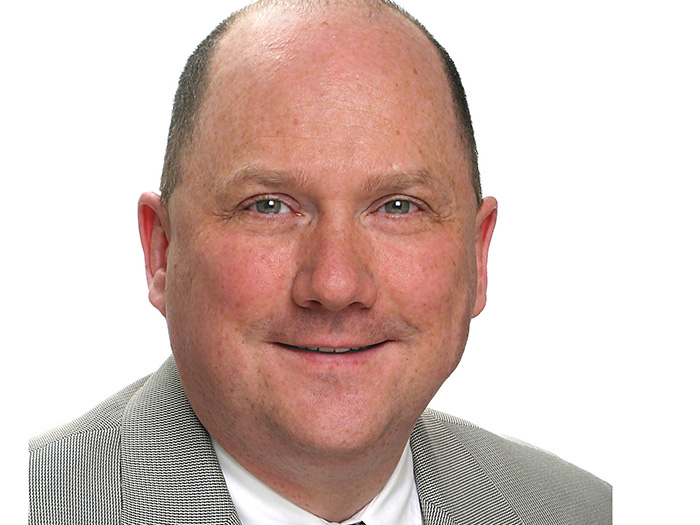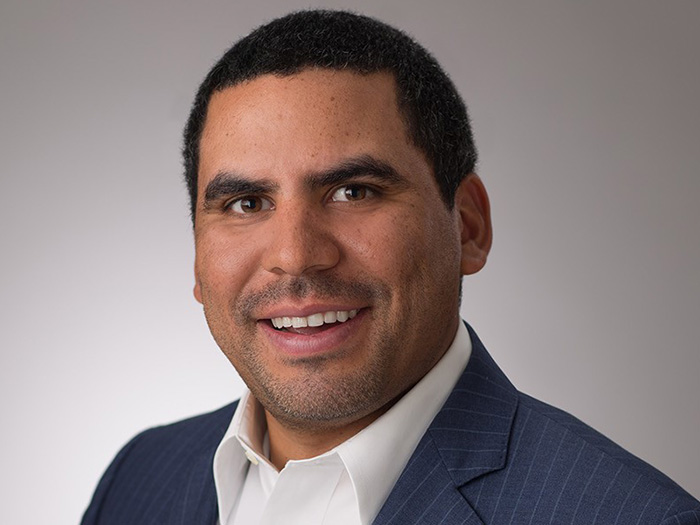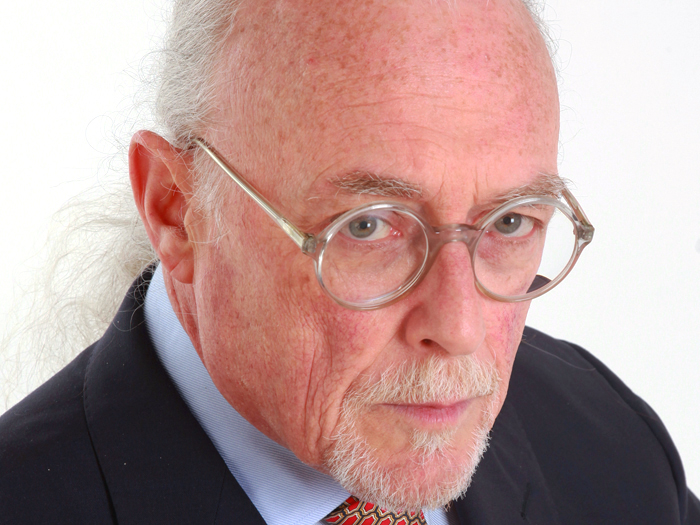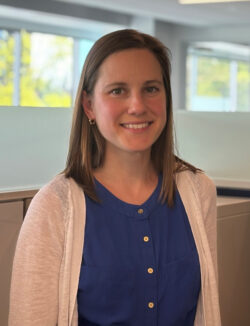Six Questions for Outgoing VCIA President Kevin Mead

In June, Kevin Mead announced that he was stepping down as the president of the Vermont Captive Insurance Association. Dan Reynolds, the editor in chief of Risk & Insurance, caught up to him soon after to get his thoughts on the organization’s recent activities and accomplishments.
Risk & Insurance: Thanks for your time today, Kevin. When you look back at the VCIA’s recent accomplishments, what stands out for you?
Kevin Mead: The standout thing is building off of my predecessor and the board and how effectively they kept the organization running during COVID. One thing the VCIA has in common with a lot of other trade associations is an extraordinarily strong financial commitment and benefit from its annual conference. For two years that either didn’t happen or happened at a much lower level of intensity because of it going virtual.
My predecessor, Rich Smith, was able to not only keep the lights on, but also keep all the staff that were here present. He was also able to ensure that as COVID was winding down, and as I came on board and we were gearing up the ’22 conference that it was ready to go, and that the people were here that could build that.
That was what he did. And then effectively what we’ve done with the team is carry that all forwards and just build from strength to strength. We’re in a fortunate position. But it’s a growing industry. Vermont is a dynamically growing domicile as we all see. We believe we are doing the right things and we’re also operating in the right environment, which is a good thing.
R&I: It wasn’t a bad time to be in the captive industry in terms of the growth that you just mentioned, was it?
KM: There’s a lot more diversity in the captives in terms of how they’re taking on new capacity for alternative risk. There are a lot more organizations exploring captives. In the three and a half years that I’ve been here, (and this has nothing to do with me), each of those four years have been among the top ten all time for captive formations in Vermont, so it’s clearly an expanding field.
R&I: What industry did you work in before you came into the Vermont position?
KM: I’m an association guy. The longest tenure was when I was running a global association of accounting firms. I did that for about sixteen years.
R&I: And because you are an association guy, you’ve seen different professional environments. What did you observe in terms of the professionalism, or the culture of this industry?
KM: It’s interesting because you wonder what creates a culture and alternate risk transfer is a somewhat esoteric industry. What you see are levels of cooperation among people that are competitors. Frankly, I was unprepared for that.
And that manifested so often in a good way for the VCIA because these folks that compete are all part of a VCIA that is growing. There was a wonderful book about twenty-five years ago now, and the book was called Coopetition.
That title sums up what I am seeing in Vermont. I see people competing, but people here also cooperate and grow the size of the pie.
That is then backed up by a really strong professionalism in the provider community and within the ranks of the state regulators.
R&I: Where do you see the VCIA growing going forward even as you are preparing to transition out?
KM: The board has put us in a really good position here. When they started with their listening tour back in August of last year and then building that out into a strategic plan. Now we’ve got a focus on our three main pillars and we’re already deploying initiatives in that. So, people that come to the conference this year will hear about things like us launching chapters of the VCIA where we’ve got a critical mass of people that are allied with the Vermont domicile, but are not actually present in Vermont. And, of course, it’s going to be open and welcoming just like we are with our conference to people that are not attached to Vermont.
We see that as a way in which the VCIA is going to expand its reach. We’ve also got an incredible commitment to technology. We’ve got some AI tools that we’re working on, both ones that are member facing and the ones that are internal. And we’re using those to drive better information and build better knowledge.
The board discerned that in its listening tour, and it is really taking off now.
R&I: Is there anything about your experience that I didn’t ask you about that you wanted to mention to our readers?
KM: We’re in a peculiar situation here, you probably know. The VCIA ends up being one of the largest, if not the largest association in the state. We’re bigger than the CPAs. We’re bigger than the law society and the bar association. We’re bigger than the Vermont Medical Association and the bankers. So, we’re kind of a big deal here as an association even though our staff doesn’t reach double figures.
But what that does is it has created its own gravitational pull in the association. So in the same way as Sandy Bigglestone (Deputy Commissioner, Captive Insurance Division, Vermont Department of Financial Regulation) and her staff are being sought out by other domiciles on how to run a domicile and how to regulate the domicile, we’ve got staff members now that are being sought out by other associations to get ideas and practical thoughts on running an association and its services.
I’m not much of an egotist, but that’s been good for the ego. &










